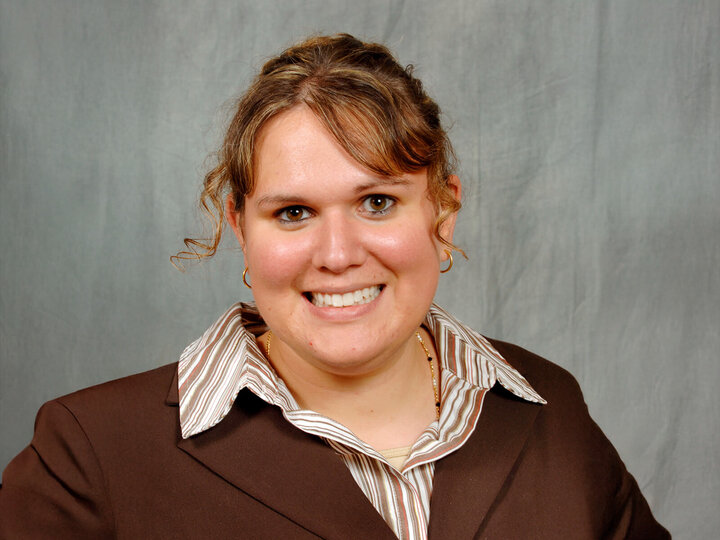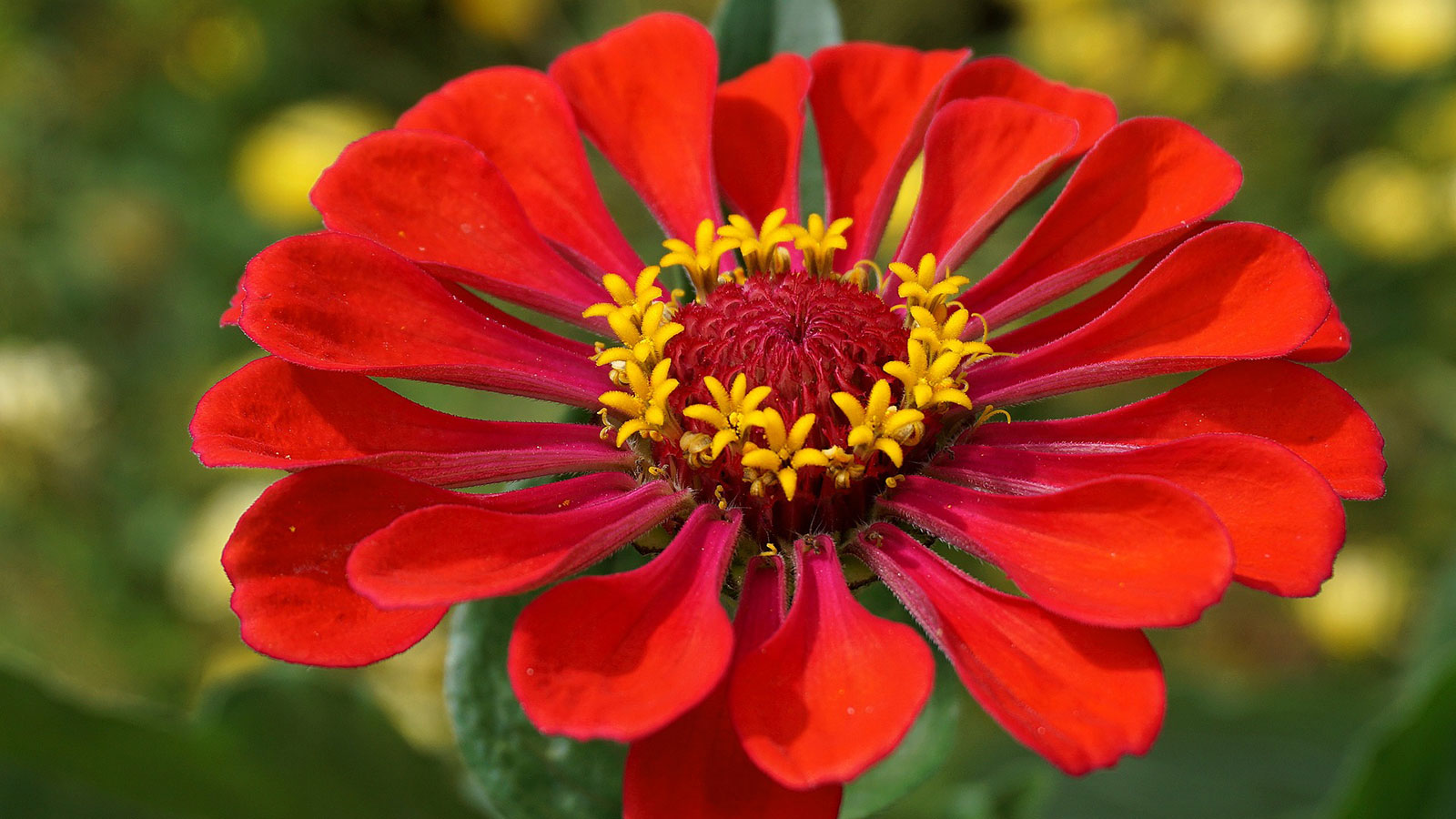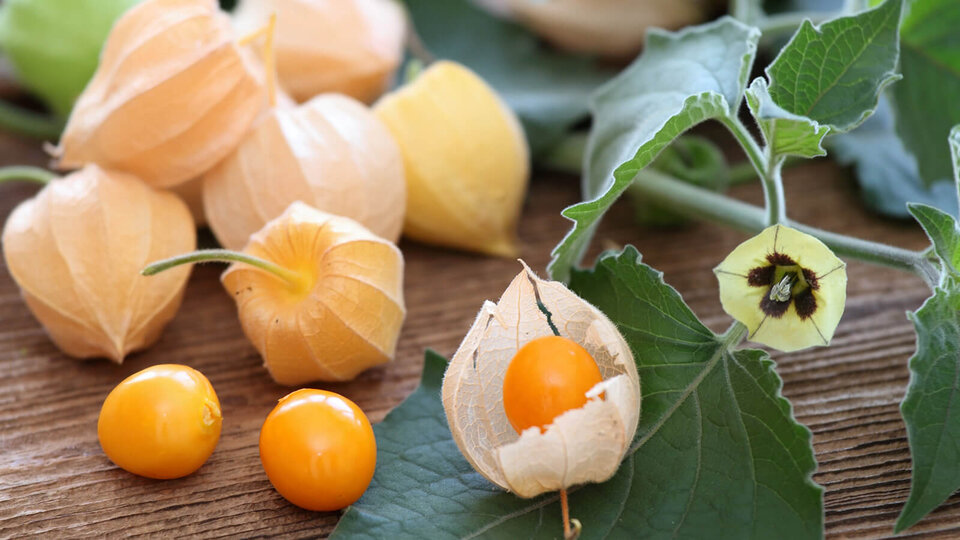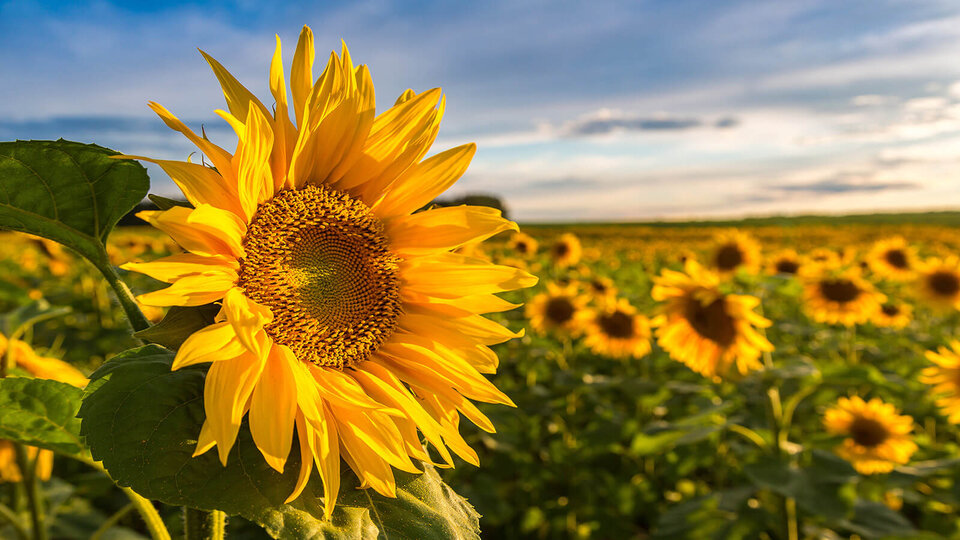Public Value
Youth ages 5-19 make up 21% of Nebraska Communities and they will soon be filling critical roles in economic, labor force, and civic leadership of Nebraska. It is critical to prepare youth to make informed decisions, engage in STEM and Agriculture industries that are critical to all Nebraskans, and inspire them to be the entrepreneurs of the next generation.
The Situation
Youth are growing and emerging into adulthood during an ever-changing, uncertain, complex and ambiguous time. Youth need developmentally appropriate, diverse opportunities to prepare them to navigate their futures.
The goal of the Special Garden & Agronomy Projects is to not only interest youth in gardening and plant science, but to arm them with life skills needed to be the future of the Green Industry and to help grow produce that can help feed the residents of our state.
Extension Response
The Nebraska Extension Special Garden & Agronomy Projects originated as a way for youth from across the entire state to gain an interest in gardening or crop production, try growing new and unusual vegetables and flowers, obtain the education necessary to be a successful beginning gardener, and learn about the wide range of plant-science related careers. This statewide, hands-on experience allows youth to try growing different plants with their families while gaining life skills.
Whether it is learning how to plant tiny amaranth seeds or how to keep weeds down in the garden, these projects are teaching youth about plant science, one seed at a time.
Special Garden Project Impacts
Andie from Cuming County...
“I'm graduating, I won't grow plants for projects anymore, but I hope to get a plant for my dorm room at college, and eventually have my own garden in the future when I own my own home.”
Utilizing what she learned in the program.
2010 - 2024
23,651 seed packets
Distributed to youth in 93 Nebraska counties.
In the last fourteen years, the Special Garden Project has distributed over 23,651 packets of seeds and educational materials to youth in all 93 Nebraska counties. Youth learn important gardening practices including weed identification, irrigation frequency, and insect control measures.
Youth learned important skills...
Skills learned include weed identification, soil preparation, irrigation frequency and insect control. They also planned how they could improve practices for the next season like amending the soil, weed control, earlier planting, and proper watering. A post program evaluation was completed by youth (n=1197). Forty-four percent were first-time participants in the project. Eleven percent were first time participants in the horticulture/floriculture project.
- 54% said they learned skills that can be used in the future
- 35% tried a new plant cultivar
- 26% changed a gardening method as a result of participating in the program
- 25% would grow the plant again (zinnia, okra, cucumber)
As a result of their experiences, youth plan to make the following changes:
- Try to monitor the amount of water the plant gets. Maybe try to grow the plant or flower in a different location.
- I would protect my growing seeds by putting up some sort of protection so animals can't get them. A seed was sprouting in the morning and by the time I got home from school, something dug it up.
- I plan to research more of a variety of plants that will grow together better.
- I plan to plant the seeds on a few different dates to prolong blooming and make sure that the weather doesn't impact the growth.
- I learned that some bugs (squash vine borer) will actually bore into the vine or stem of the plant, causing it to wilt and die. This bug is harder to control because often you don't know you have it until its too late.
- I need to rotate where I plant my garden crops to prevent disease.
- I need to add more manure to the garden and work it in this fall.
- Water plants more and find ways to keep the animals out of the garden.
- We will make sure we do something for bug protection.
For questions about the Special Garden Project, contact:
Elizabeth Exstrom
Horticulture, Landscape and Environmental Systems Extension Educator
Office: 308-385-5088

Special Agronomy Project Impacts
“This is a neat program, and I’d love for our whole club to do this next year.” – 4-H mom
Youth growing sugar beets for the 2024 Special Agronomy Project.
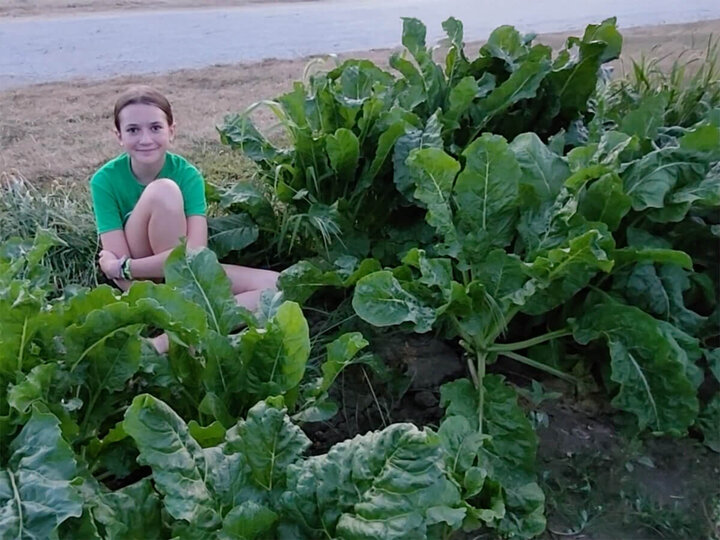
700 seed packets of sugar beets distributed to Nebraska youth in 2024.
- 38% of participants who completed the evaluation said it was the first time they took an agronomy project to fair. (n=16)
- 81% learned a skill that can be used in the future.
- 92% will enroll in the Special Agronomy Project next year.
- This project made headlines on IANR news and was featured in a statewide booth by Western Sugar.
For questions about the Special Agronomy Project, contact:
Brandy VanDeWalle
Water and Cropping Systems Extension Educator
Office: 402-759-3712
